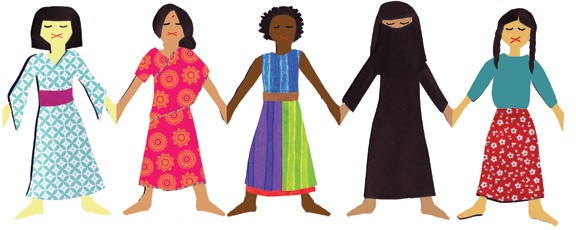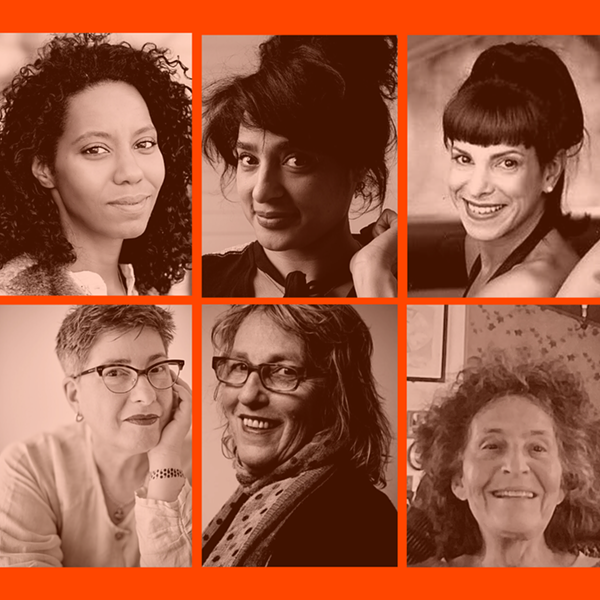Given that women carry out the essential role of literally growing the next generation, it’s always baffling to me that women are subjugated in so many cultures. Have you unearthed a sense of how this has come about?
I don’t have an explanation for why misogyny is so common worldwide. My working theory is that in agricultural economies with a lot of land to be cleared, and wealth held within the family, the man who could have the most children to do work and could control the most women had an advantage. So there was an evolutionary advantage to patriarchy in earlier society. A point I’m trying to make in the book is that now patriarchy is maladaptive, and the perpetuation of healthy societies in the modern world is dependent on the liberation of women, so they have the right to complete their education, decide who they are going to marry and when, and how many children to have, and to earn an income.
Sociologists say one of the first things that happens when a traditional culture faces modernization or transformation to an industrial economy is the breakdown in the division between men’s and women’s work. As women begin moving into the workplace, earning money, having more of a say in matters, they make an easy scapegoat when society seems to be disintegrating or changing too fast. Men see putting women back in their place as a way to restore vanished order, hoping to reclaim an often imaginary idyllic world they think existed before all the modernity.
And certainly some women are fighting changes in their social structures too. It was enlightening to learn from your book that some young women today defend their society’s practice of female genital cutting. One woman you spoke to passionately describes why she, as an American-educated woman, chose to return to her tribe for this rite of passage she calls empowering, and resents that others are interfering by trying to get it banned.
In this century, women who go along with the existing order are invested in it—it’s their culture too. But women within these same cultures are fighting for change, often risking their lives as they go against the norms they don’t agree with. That’s true for genital cutting, and that’s why I spoke to women on both sides of the issue.
I want to point out that in years past, in the United States, feminists were often a minority, and only after they won certain victories did everybody else get on board. Now, even the most reactionary conservatives won’t question a woman’s right to vote or to work, but, at the time, those rights were minority positions opposed by many women as well as men.
Women have so little power in many societies, but there has been so much focus on reproductive education for women as a way to solve health or population woes. What about educating men?
My feeling is that men tend to get on board when they see things working for them. There are many stories of men who objected to their wives working but started to see how much money their wives were earning and realized that it was improving their own lives. But certainly everyone who works in this field believes that men need to be partners in family planning, AIDS prevention, and so on. But I also think that men certainly have advantages to being the kind of master in a master-servant relationship. Certainly some men will fight it.
You also highlight some remarkably inspiring efforts by women and organizations that are helping not just women, but also their families and locales. Yet every situation is different and there is so much resistance. Is there any overarching strategy that works?
If there were a single magic bullet, it would be giving women the education and power to control their own bodies. A woman who is educated and literate is far more likely to use family planning, have fewer children, demand medical treatment for her children, send her children to school, and earn some income—which they are more likely to spend on the well-being of their children than are men. There is a lot of research that shows that basic education for women has profound effects on the environment, social stability, and economic development.

















